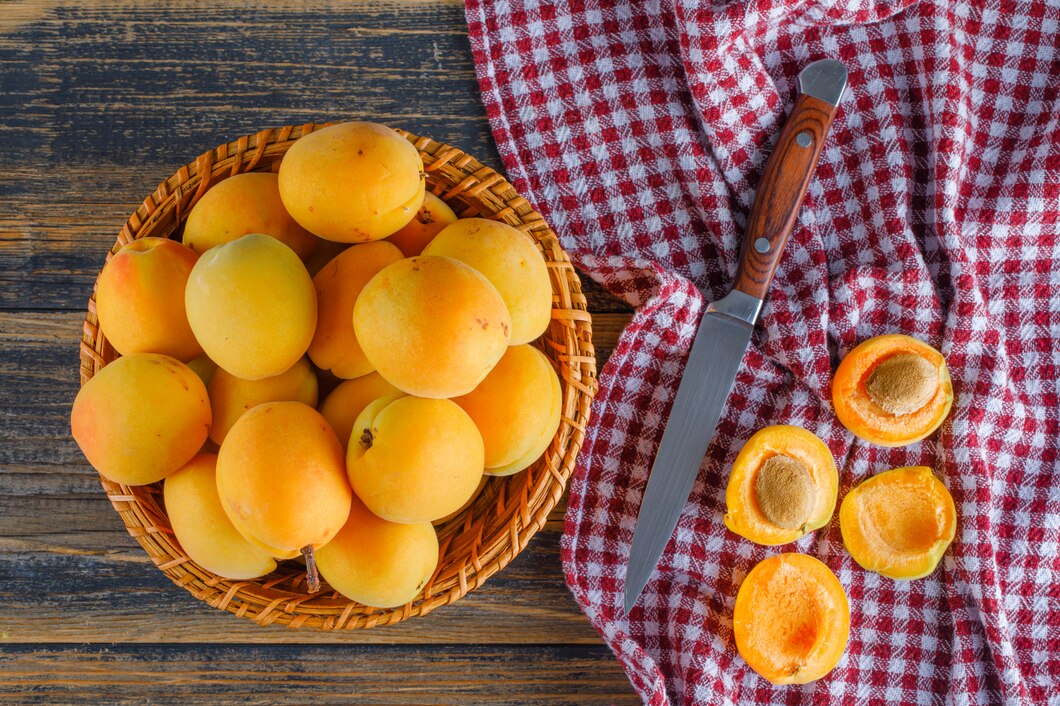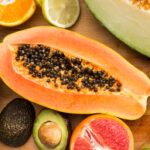Eating fresh, seasonal foods is generally healthy, but some foods can be dangerous when consumed out of season. These foods may contain higher levels of toxins, have reduced nutritional value, or be prone to contamination. Understanding which foods pose a risk when eaten at the wrong time of year can help you avoid potential health hazards. Here are 10 foods that can be poisonous or harmful when consumed out of season.
1. Shellfish
Shellfish, such as oysters, mussels, and clams, are more likely to be contaminated with toxins during warmer months when algae blooms are more common. These algae blooms can produce toxins like paralytic shellfish poison (PSP), which can be harmful or even fatal. It’s safest to consume shellfish during cooler months when the risk of harmful algae is lower.
2. Fugu (Pufferfish)
Pufferfish, or fugu, is a Japanese delicacy known for containing a deadly toxin called tetrodotoxin, which can be lethal if not properly prepared. The toxin levels can fluctuate with the seasons, and consuming this fish out of season increases the risk of poisoning. Only certified chefs should prepare fugu, and it’s best enjoyed during its peak season when it’s freshest and safest.
3. Wild Mushrooms
Many varieties of wild mushrooms can be toxic, especially when consumed out of season. Some poisonous mushrooms closely resemble edible ones during certain times of the year, making it difficult to distinguish between them. Foraging for wild mushrooms should only be done with expert knowledge, and it’s best to avoid wild varieties outside their peak season when misidentification is more likely.
4. Rhubarb
While rhubarb stalks are safe to eat, the leaves contain oxalic acid, a compound that can cause kidney damage and even death if ingested in large quantities. Rhubarb leaves are especially toxic when the plant is harvested out of season, as toxin levels can increase. Stick to consuming rhubarb during spring when it is in season and ensure you only eat the stalks.
5. Spinach
Spinach is generally safe, but consuming it out of season can pose a risk due to higher levels of nitrates in the leaves. When spinach is grown in cooler months, it tends to accumulate more nitrates, which can convert into harmful compounds called nitrosamines during digestion. These are linked to certain cancers and can be particularly harmful to infants.
6. Elderberries
Elderberries are known for their immune-boosting properties, but consuming them out of season, especially when unripe, can be toxic. Raw elderberries contain cyanogenic glycosides, which can lead to cyanide poisoning. It’s crucial to eat elderberries when they are fully ripe and in season, as the toxin levels are significantly lower.
7. Ackee Fruit
Ackee, a fruit native to West Africa and Jamaica, is highly poisonous if eaten when it’s not fully ripe or out of season. The fruit contains hypoglycin A, a toxin that can cause Jamaican vomiting sickness, a potentially fatal condition. Only the yellow, ripe flesh of the ackee fruit is safe to eat, and it must be harvested during the right season.
8. Potatoes
Potatoes naturally produce solanine, a toxin that can be harmful if consumed in large amounts. When potatoes are harvested out of season or exposed to light, they can develop green spots, indicating high solanine levels. Consuming these green potatoes can cause symptoms such as nausea, vomiting, and even paralysis in severe cases.
9. Apricots
While apricots are safe to eat in season, their seeds or kernels can be toxic if consumed, especially when the fruit is not fully ripened. Apricot kernels contain amygdalin, a compound that converts into cyanide when ingested. Cyanide poisoning from apricot seeds can cause dizziness, vomiting, and even death in large amounts. Always ensure apricots are fully ripe before consumption, and avoid eating the seeds.
10. Cassava
Cassava is a staple root vegetable in many tropical regions, but it can be highly toxic if eaten out of season or not properly processed. Cassava contains cyanogenic glycosides, which can release cyanide when the plant is improperly prepared or eaten raw. The toxin levels are higher when cassava is harvested during dry seasons, making it critical to consume cassava during its peak season and only after proper processing.
While many of these foods are delicious and nutritious when eaten in season, they can become dangerous or even deadly when consumed out of season. Always ensure that you are consuming these foods during their appropriate time of year and be cautious about preparation methods. Eating fresh, seasonal produce not only maximizes nutritional benefits but also minimizes health risks associated with toxins that may be present when these foods are consumed at the wrong time.








